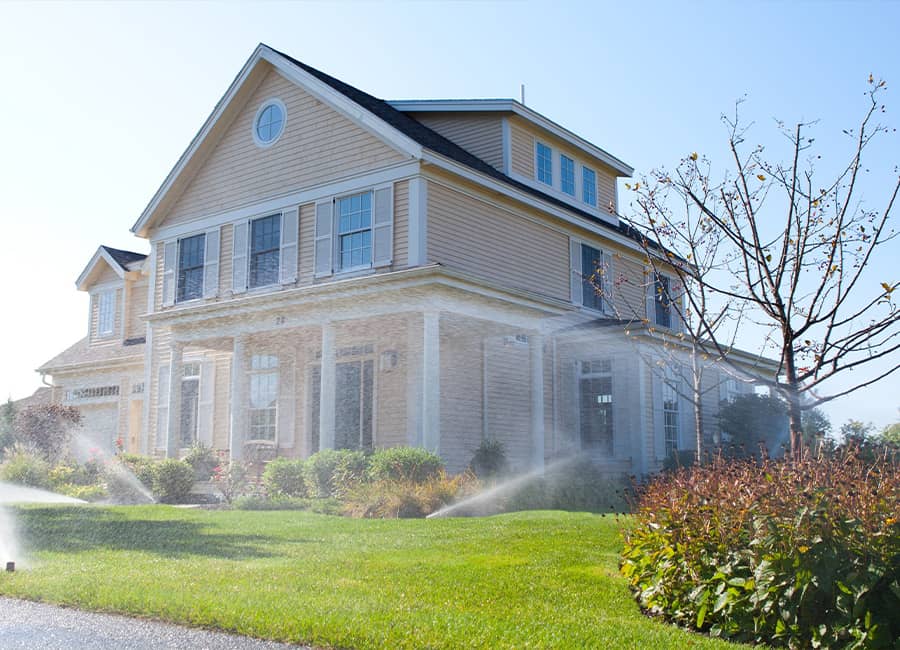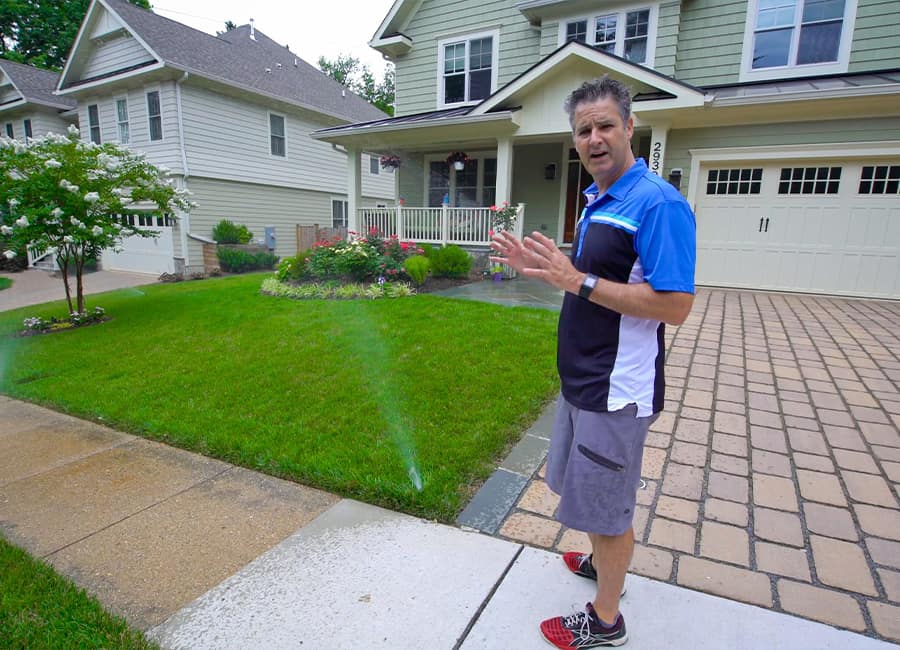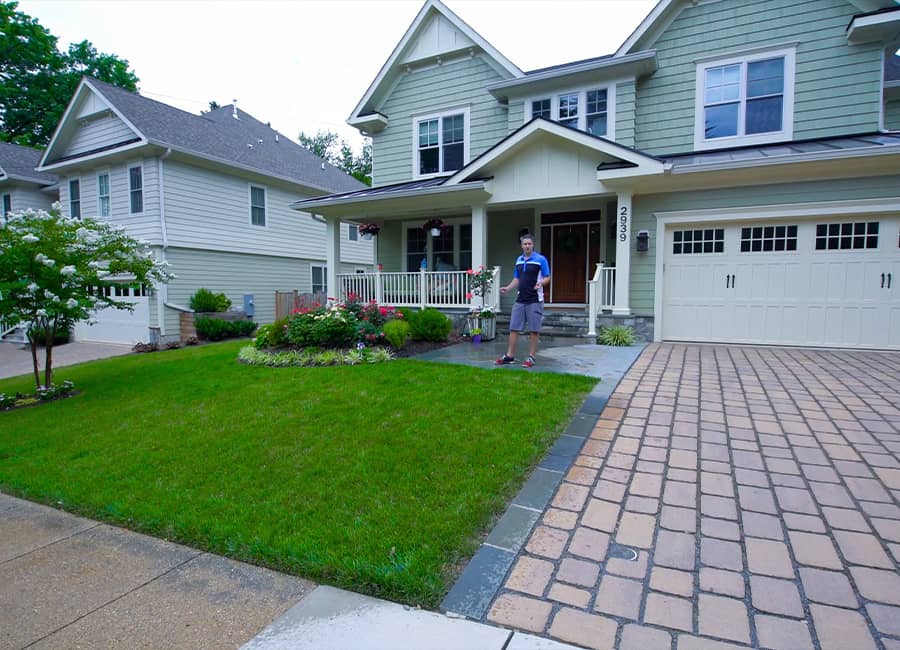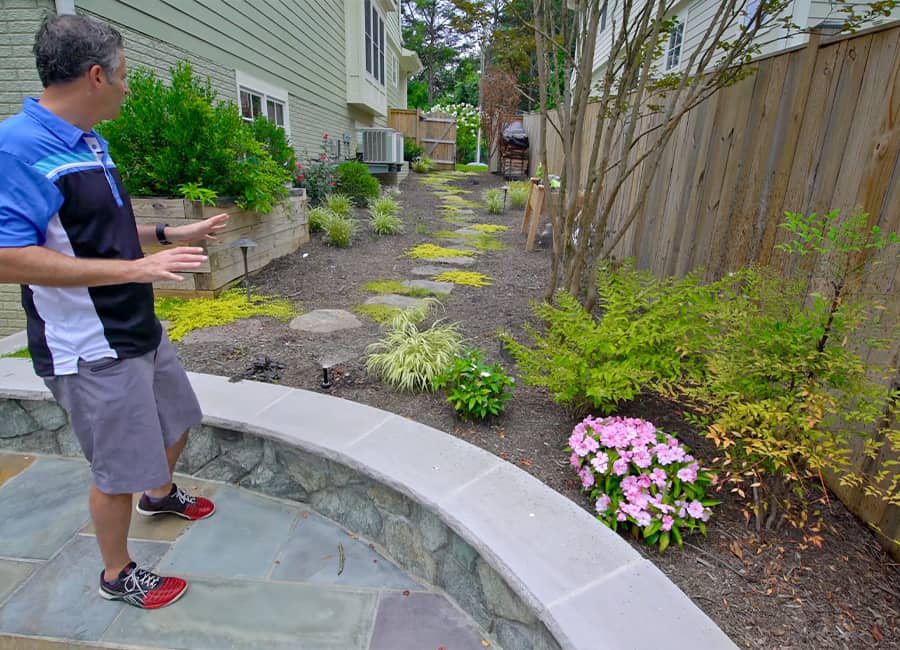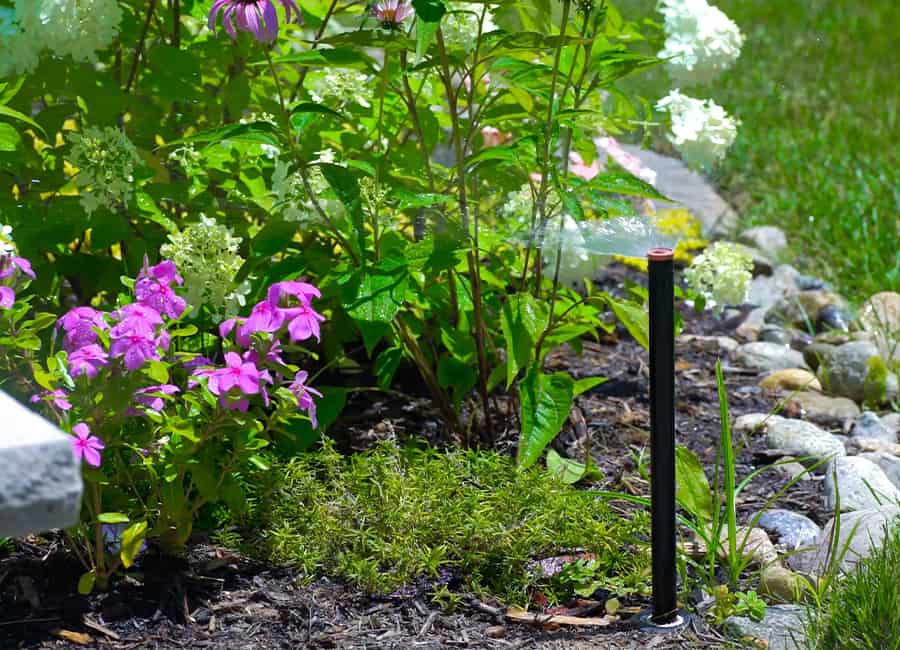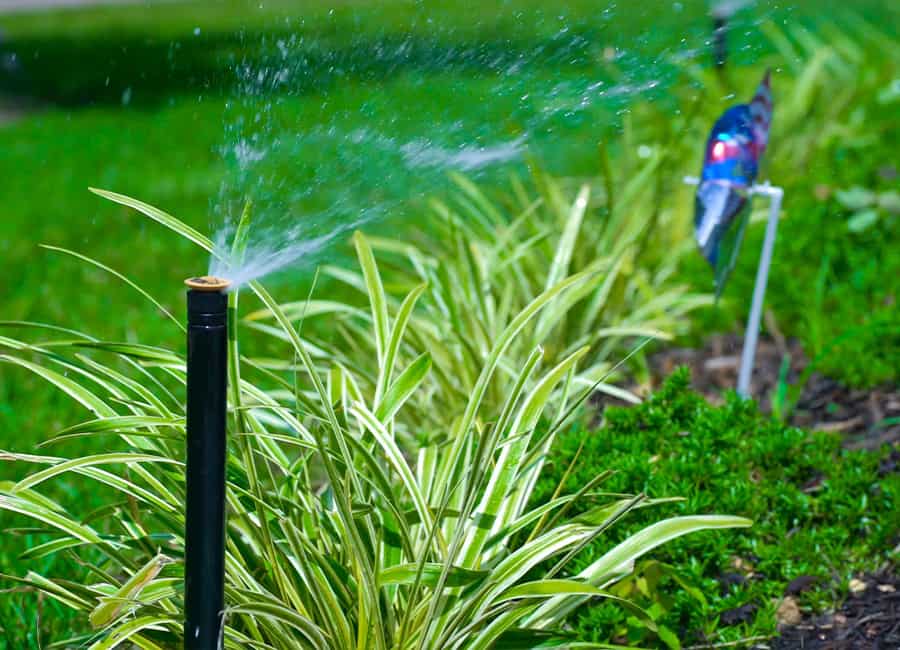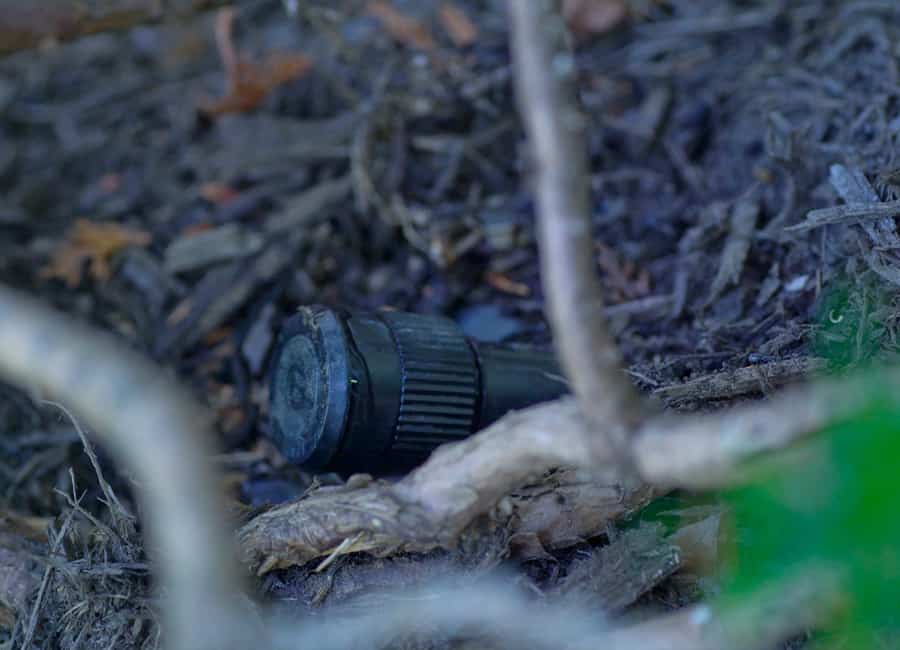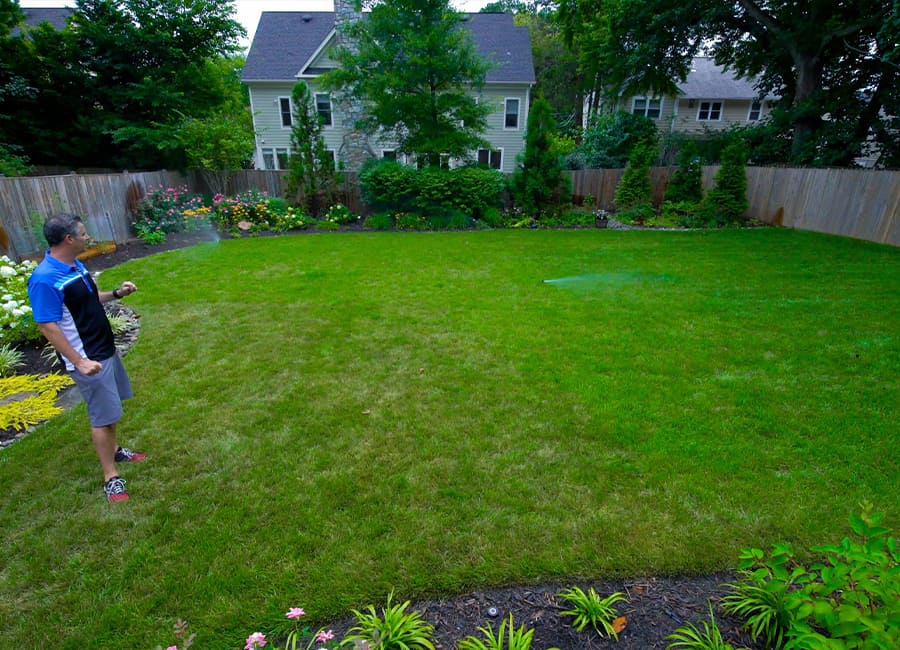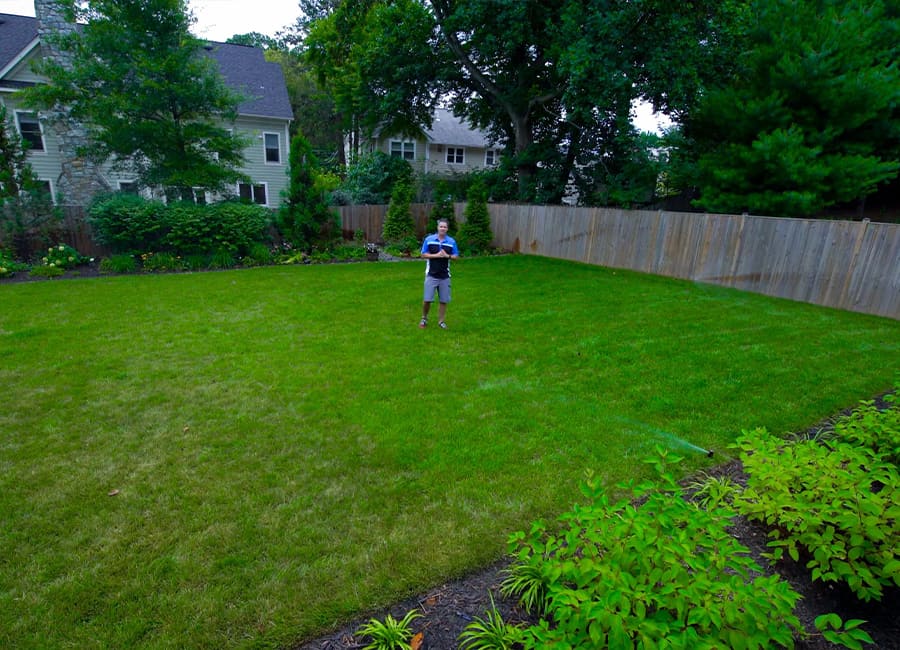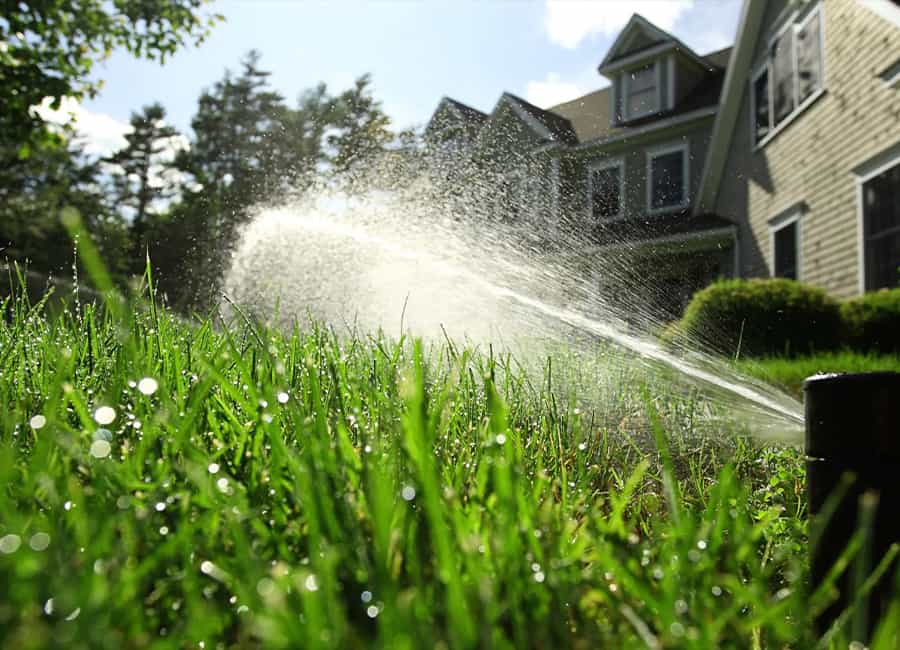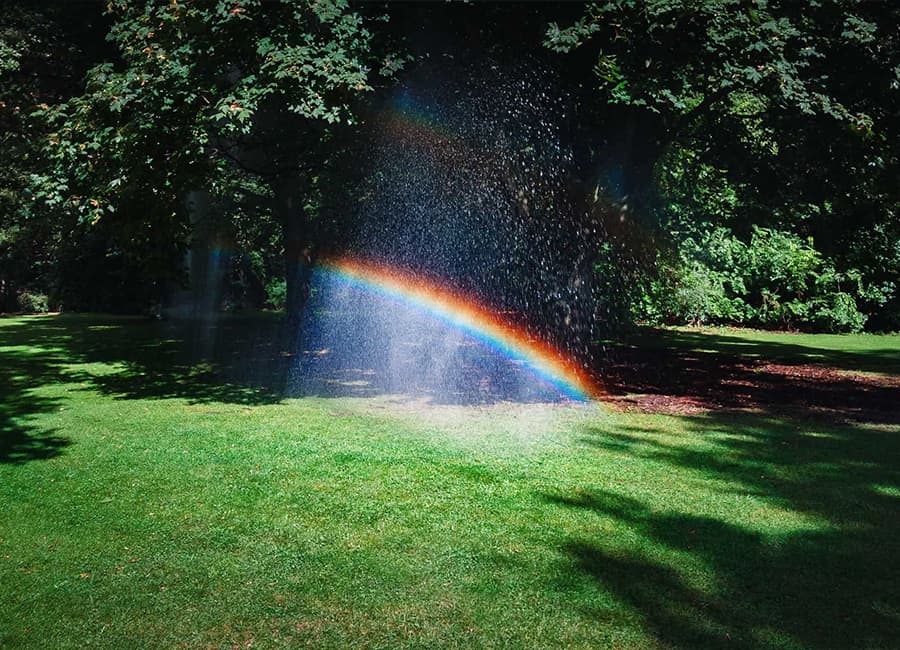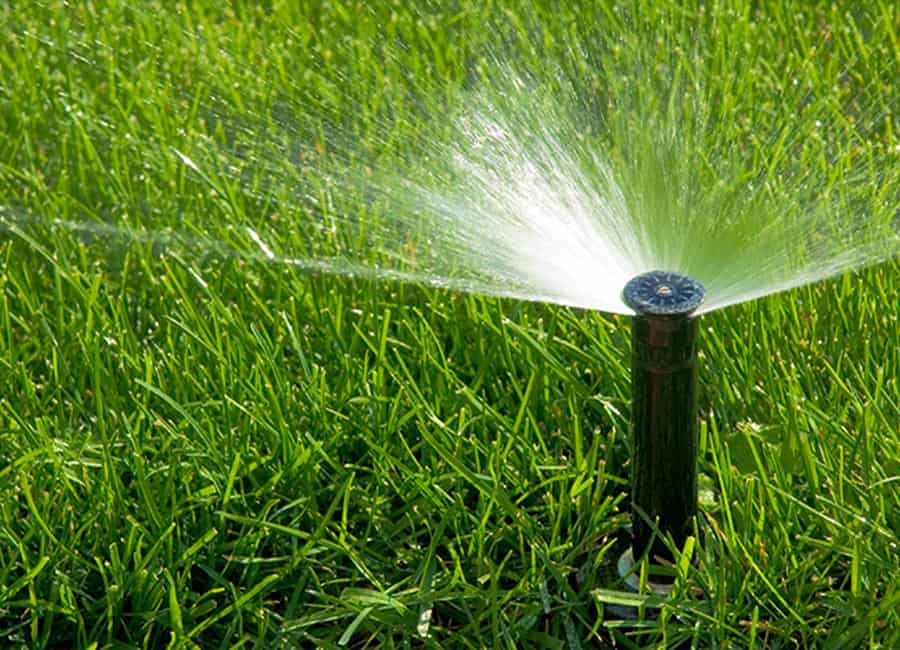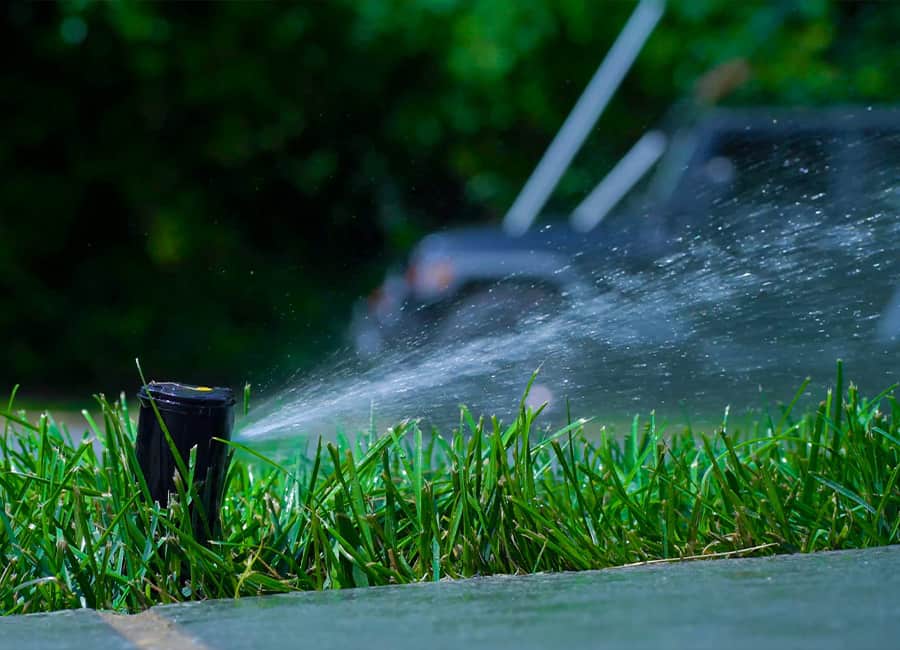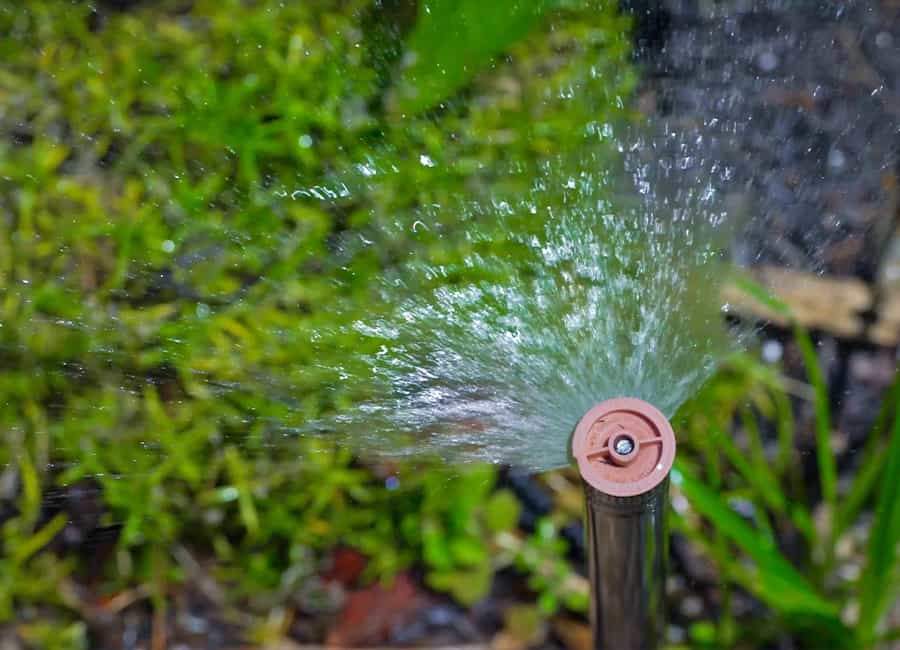
Irrigation Systems
Expert design and installation of custom irrigation systems for your landscape
Irrigation Services
New irrigation systems, upgrades, or repairs and maintenance, we're here to help.
Grass and plants can't survive summer without consistent watering. Many homeowners end up replacing costly trees, shrubs, or even entire lawns. Protect your landscape with a professionally installed and maintained sprinkler system from Affordable.

New Irrigation Systems
Professional design and installation of custom irrigation systems for your property

System Upgrades
Enhance your existing irrigation system with modern features and improved efficiency

Maintenance & Repairs
Keep your irrigation system running smoothly with our professional maintenance services
Get Started with Affordable!
We are a full-service firm that offers design, installation, and maintenance services.
Few companies have invested as much time and money to build capabilities and infrastructure similar to Affordable Outdoor Solutions. This is one of the things that distinguishes us as a leader in the Washington area.
Free Consultation Process
Our irrigation and design specialists will visit your property for a free consultation. They will analyze your property and its watering needs to design the optimal system. They will discuss:
- What sections of the yard gets the most sun?
- Which plants have struggled due to too much or too little water?
- How much flexibility do you want with watering different sections of your yard?
- How have you been watering in the past?


Custom Pricing Factors
After reviewing our design with you, we will provide detailed pricing for the system. Although many homeowners have the same size lot, pricing can vary depending on factors such as:
- Where will the plumbing connection be?
- How much landscaping do you have?
- Can we use our machine to install the water lines?
- How many other things have already been installed underground (outdoor lighting, pool pipes, drainage, etc)?
Upgrade your irrigation system
Benefits from technology
Affordable offers “Smart Control Boxes” by Rainbird, Irritrol, and Weathermatics. These are simpler versions of what golf courses use. They communicate daily with weather stations to automatically adjust watering times. They result in ideal water conditions for your turf and grass and save the average homeowner $1,000's of dollars over the life of your system.
We invest hundreds of hours annually to research and test new irrigation products for water efficiency and effectiveness. We've learned that not everything is a good fit for our region. For example, soil moisture sensors determine the moisture content of your lawn and shrub beds. If there is excessive moisture from recent rains or an extended forecast for clouds the system adjusts to enhance water conservation. It puts a system into "dormancy" until the sun and warm weather return. Soil moisture sensors have been quite effective on the Pacific coast but we've tested them here, and they don't function as well in Northern Virginia.
Over the years, we have found “Smart Control Boxes” to be more water efficient and less problematic.
Schedule a Consultation
Irrigation Maintenance
Repair and Maintain Your Irrigation Systems
After installation, we continue to service your sprinkler system. Affordable's service department offers an array of maintenance plan options. From our Full Maintenance Platinum plan to our a-la-carte services, we have a plan to fit your needs.

Spring Start-up
a $160 value
We reconnect your backflow, turn on your main water supply, activate your control box, set up timers, ensure your system is leak-free, fully functional, and perfectly adjusted for the upcoming watering season.

Mid-Summer Check
a $160 value
We'll adjust for vegetation growth and any changes in watering needs, guaranteeing your landscape receives precise hydration without wastage.

Winterization
a $160 value
This essential service prevents freeze damage, ensuring your system's longevity and reliability.
Irrigation FAQs
Frequently Asked Questions About Irrigation
Our Work
View Our Recent Projects
Take a look at some of our recent irrigation system installations and upgrades. Each project is custom designed to meet the specific needs of the property and homeowner.
Covering the DC Metro Area
